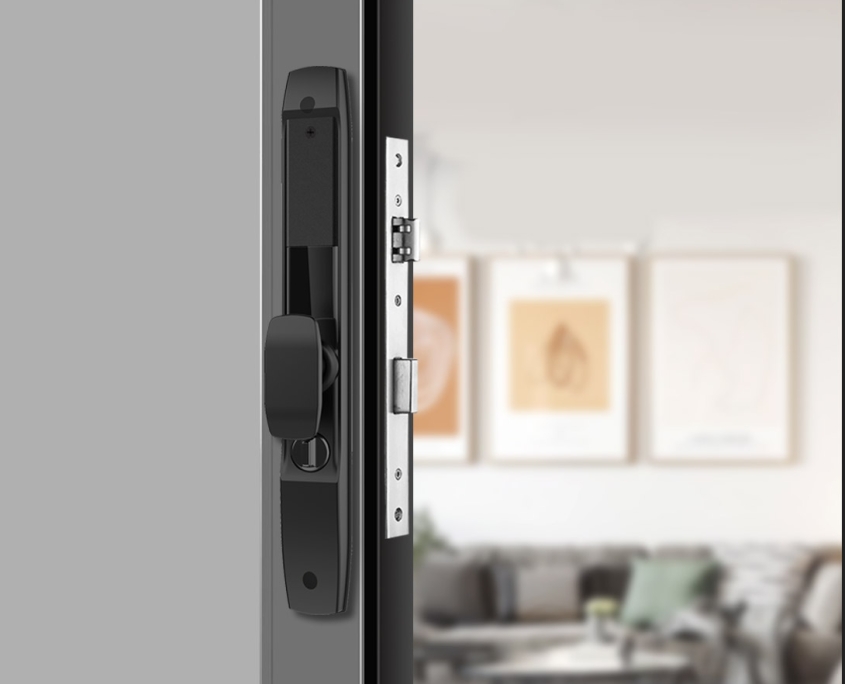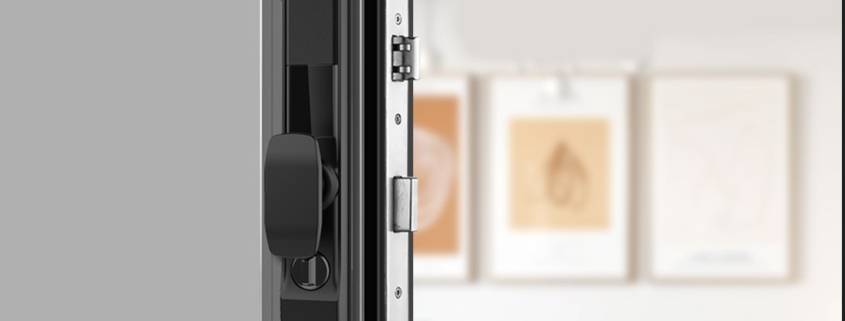Smart Lock Buying Guide: 5 Must-Know Features Before You Upgrade
Upgrading to a smart lock is a great way to enhance your home security and convenience. But with so many options on the market, how do you choose the right one?
Before you buy, here are five must-know features that will help you pick the best smart lock for your home:
- Keyed vs. Keyless Entry – Which Do You Prefer?
- Connectivity: Wi-Fi, Bluetooth, or Z-Wave?
- Power Source & Battery Life
- Installation: Does It Fit Your Door?
- Smart Home Compatibility (Alexa, Google, Apple HomeKit?)
Let’s break down each feature so you can make an informed decision.
1. Keyed vs. Keyless Entry – Which Do You Prefer?
As we discussed in our previous article, some smart locks still allow traditional key access, while others are fully digital.
Keyed Smart Locks (Hybrid Models)
Pros: Backup access if batteries die, easier for guests/contractors.
Cons: Still vulnerable to lock picking or key duplication.
Keyless Smart Locks (Fully Digital)
Pros: No physical keys to lose; harder for burglars to pick.
Cons: Risk of lockout if batteries die without a backup plan.
Best For:
- Keyed: Families, older adults, or those who want a backup.
- Keyless: Tech-savvy users or rentals where key control is an issue.
2. Connectivity: Wi-Fi, Bluetooth, or Z-Wave?
How your smart lock connects to your phone and home network matters.
Wi-Fi Smart Locks
- Pros: Remote access from anywhere, no hub needed.
- Cons: Drains battery faster; requires strong Wi-Fi.
Bluetooth Smart Locks
- Pros: Better battery life, secure local connection.
- Cons: Must be nearby to unlock (no remote access without a bridge).
Z-Wave/Zigbee Smart Locks
- Pros: Works with smart home hubs (like SmartThings or Hubitat).
- Cons: Requires additional hardware for full functionality.
Best For:
- Wi-Fi: If you want remote access without extra devices.
- Bluetooth: If you prioritize battery life and don’t need remote control.
- Z-Wave/Zigbee: If you already have a smart home hub.

3. Power Source & Battery Life
Smart locks typically run on:
- AA/AAA batteries (most common)
- CR123 or 9V (for emergencies)
- Rechargeable batteries (rare but growing)
What to Look For:
✔ Battery Life: 6-12 months is standard; some last up to 2 years.
✔ Low-Battery Alerts: Avoid getting locked out unexpectedly.
✔ Emergency Power Options: Some allow a 9V battery or USB power boost.
Best For:
- Longest Battery Life: Schlage Encode Plus (~1 year)
- Emergency Power Option: Ultraloq U-Bolt Pro (9V backup)
4. Installation: Does It Fit Your Door?
Not all smart locks work with every door. Here’s what to check:
Type of Lock
- Deadbolt Replacements: Full replacement of your existing deadbolt (e.g., August Smart Lock Pro).
- Deadbolt Covers: Attaches over your current deadbolt (e.g., August Wi-Fi Smart Lock).
- Mortise Locks: Common in Europe; rare in the U.S.
Door Thickness & Backset Measurement
- Most U.S. doors have a 2-3/8” or 2-3/4” backset (measure from the edge of the door to the center of the deadbolt).
- Check the manufacturer’s specs before buying.
5. Smart Home Compatibility (Alexa, Google, Apple HomeKit?)
If you use voice assistants or smart home systems, make sure your lock integrates with them.
Major Smart Home Ecosystems:
- Amazon Alexa: “Alexa, unlock the front door.”
- Google Assistant: “Hey Google, lock the door.”
- Apple HomeKit: Secure Siri control for iPhone users.
- SmartThings/Hubitat: For advanced automation.
Conclusion: Smart Locks Are Worth It—If You Choose the Right One
Before upgrading, ask yourself:
- Do I want a key backup?
- How important is remote access?
- How long should the battery last?
- Will it fit my door?
- Does it work with my smart home system?
By considering these five features, you’ll find the perfect smart lock for your needs.









